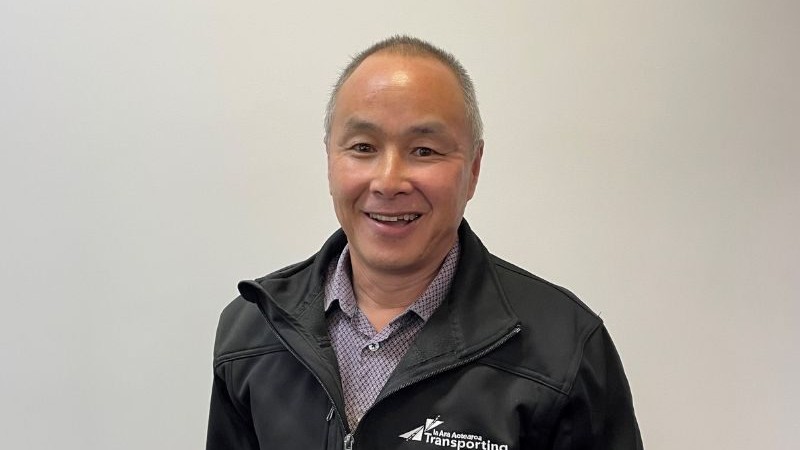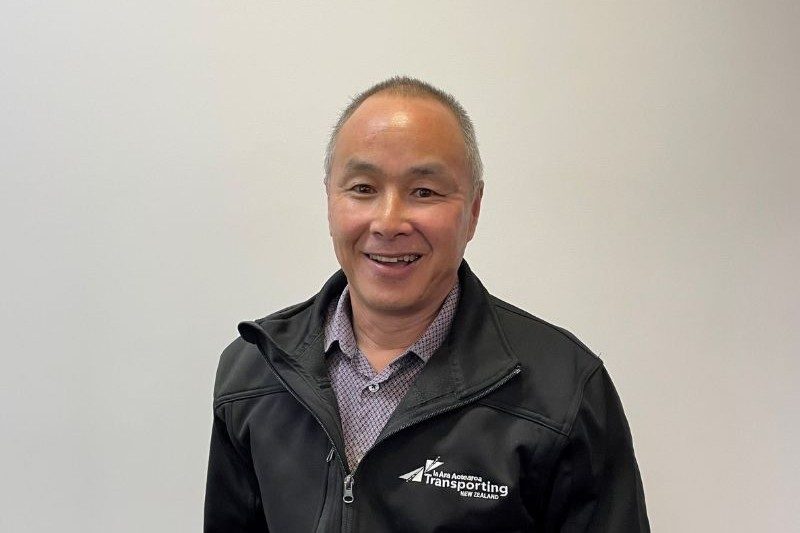Our industry needs to speak with one voice

Our industry needs to speak with one voice to emphasise the importance of getting transport priorities right. Different organisations that are not on the same page undermine the effectiveness of getting a strong and effective message across to the government. We cannot afford to be divided. It just makes no sense.
Economist Cameron Bagrie told our conference in June that governments don’t want to deal with a divided sector with different opinions. Cameron advised, “Park the egos – one team, one dream.”
Recently, Transporting New Zealand chair Warwick Wilshier wrote about industry unity. As Warwick said, “Associations will need to educate and provide solutions to the government. We need to drop the self-interest and replace it with group interest.
“Everything we do, we do for the good of the whole New Zealand transport industry, whether someone’s a member of Transporting New Zealand or not. People will eventually see that and support that vision.”
We are also starting to hear grumblings from suppliers to our sector that this growing fragmentation across the industry doesn’t make sense. It’s sad if we don’t take heed and act on the advice of such key stakeholders.
We’ve had and continue to get great support from our membership, but I challenge others to take a pause and seriously consider whether what they’re doing supporting a fractured industry is actually helping or hindering the way forward.
Government policies and funding
As the general election draws closer, the need for our industry to speak as one is more apparent than ever. We must raise awareness that a resilient transport network is vital for communities and the wider economy. Having a sector that is aligned on how that is funded would also be helpful.
The newly announced Government Policy Statement on Transport (GPS) spells out government priorities for the National Land Transport Fund (NLTF) from 2024 to 2027. It proposes spending $20.8 billion to fund 14 major projects throughout the country, most in the North Island.
Transporting New Zealand totally supports upgrading the country’s deteriorating roading network, which has been underfunded for years.
However, according to Prime Minister Chris Hipkins and Transport Minister David Parker, raising fuel taxes by 12 cents a litre is the best way to fund the new projects.
We disagree. Transporting New Zealand does not believe raising the fuel excise duty (FED) at the pump and road-user charges (RUC) to pay for the improvements will deliver a resilient roading network. This current draft isn’t going to prepare our transport system for the major challenges it will face over that time, particularly severe weather and an increasing freight task.
RUC increases have to be passed on when the community and businesses are already struggling with the rising cost of living. Not only will motorists have to pay more fuel tax to run their cars, all their consumable goods will go up as well – again.
Investing the money collected needs to benefit those who pay. The Ministry of Transport’s latest road pricing study shows that trucks pay the most share compared with all other road users. It’s high time other road users started paying more of their fair share – and the same goes for rail freight. Where, then, should the money come from? We believe that a range of funding sources should be explored, including public-private partnerships and the limited use of tolls and congestion pricing.
There is smart technology available that enables road pricing by vehicle type, so congestion pricing could make a real difference and free up the network.
The draft GPS is months late, and it talks about a project being “underway” to look at the future of revenue in transport. We really hoped we’d see much more advanced thinking on this by now.
Roadside drug testing regime welcome
Transporting New Zealand is pleased that the roadside drug testing regime will be changed, keeping drug-impaired drivers off the road. Random oral roadside drug testing was scheduled to begin in March but was indefinitely deferred after police advised sufficiently accurate saliva tests didn’t exist.
Now, positive saliva tests will be sent to the lab for evidential testing before an infringement notice is issued. Drivers with two positive screening tests will be banned from driving for 12 hours and receive an infringement fee and demerit points.
It’s a practical fix and well overdue. Between 2019 and 2021, drug and alcohol impairment were a factor in 43% of fatal crashes. Unless we get serious about this country’s approach to drug-impaired driving, New Zealand certainly isn’t on the Road to Zero.
Reducing drug-related harm on the roads is a priority for Transporting New Zealand’s commercial road-freight operator members.



